“We are made for interdependence, made to live in an incredible dedicated web of interdependence. A world where I make up what is lacking in you and you make up what is lacking in me.”
–Desmond Tutu
For as long as I can remember, I’ve felt a tension between the culture I was born into and the culture I inhabited as an immigrant to the United States. In the South Asian, Muslim household I grew up in, amongst a tightly woven network of extended family and community members, we experienced life through a collectivist lens.
In the South Asian, Muslim household I grew up in, amongst a tightly woven network of extended family and community members, we experienced life through a collectivist lens. Share on XIndividual identity was secondary to that of the larger group and interdependence was an ever-present feeling. And besides, with seven people living under the same roof, there was often no choice but to accommodate one another.
Humility was a necessity in successfully coexisting, but it was also the bedrock of our spirituality and connection to the Divine. In feeling our smallness, we could connect to the vastness of Life.
But then I would cross the threshold, from my familial home into the “outside world” of U.S. society, where individualism was the unquestioned way of life. Self-sufficiency, personal achievement, and the myth of independence reigned supreme. I found myself being pulled into its gravitational force, sometimes willingly, mostly inadvertently.
I crossed the threshold, from my familial home into the 'outside world' of U.S. society, where individualism was the unquestioned way. I was pulled into its gravitational force, sometimes willingly, mostly inadvertently. Share on XAs much as a collectivist ethos felt like home, growing up with it also presented its own set of challenges. There was often a demand for conformity and pressure to uphold a false sense of harmony at the expense of individual expression. I longed for a way to bridge these divides. The collision points accelerated as I began my career in the corporate sector.
I eagerly participated in conferences and workshops, often aimed at women, and sometimes women of color, who were having difficulty ‘being confident’ or ‘advocating for themselves’. I thought, “this is my moment.” It was time to step out of the constricting cultural codes of my elders and finally embrace my inner “bad @ss boss B.”
I gobbled up a diet of positive affirmations, “reach for the stars,” “be proud,” “you’re awesome,” but the sweetness of those phrases didn’t provide lasting nourishment. I internalized a belief that I was so damaged by life’s traumas, my cultural conditioning, and the ways I was made to feel like a perpetual outsider in the U.S. that no amount of positive self-talk would lift me up.
But I sat with those feelings. I took them on walks with me. And I followed them.
I internalized a belief that I was so damaged by life’s traumas, cultural conditioning, and feeling like a perpetual outsider in the U.S. that no amount of positive self-talk would lift me up. But I sat with those feelings. Share on XThey nudged me toward research highlighting how women were experiencing backlash for exhibiting traits associated with self-confidence, a dynamic often magnified for Black women. While women and women of color were being barraged with all kinds of self-help advice to help them “lean-in,” systemic discrimination and biases were perpetuating unchecked.
While women and women of color were being barraged with all kinds of self-help advice to help them 'lean-in,' systemic discrimination and biases were perpetuating unchecked. Share on XI followed my feelings to the headline stories of the last few decades of my life and the myriad crises I witnessed: economic implosions resulting from risky trades of subprime mortgages, ill-conceived wars that left millions dead, botched public health responses, the list goes on. Yes, a lack of accountability and checks on power were central factors in these traumas, but there was almost always a cohort of “self-confident” individuals orchestrating these disasters.
I followed those feelings back in time to kitchen conversations with my grandmother, whose wisdom always nudged me toward joyful, contended humility, and reminders of who I belonged to. When I realized I didn’t even know how to say the word self-confidence in my familial language (because we literally never talked about it!) I started wondering why I was chasing this elusive character trait, and why has it become such a popular buzzword?
It dawned on me then that “self-confidence” and “self-advocacy” only became necessary in the context of hyper-competitive, everyone-for-themselves, individualistic environments that thrive on a “pull yourself up by the bootstraps” mentality.
I decided to remove the word “confidence” from my vocabulary for a while. This forced me to examine what it was that I was really seeking. It pushed me to get really specific.
'Self-confidence' only became necessary in the context of individualistic environments that thrived on a 'pull yourself up by the bootstraps' mentality. I decided to remove the word 'confidence' from my vocabulary for a while. Share on XI realized what I really wanted was: Faith. Focus. Flow. The alternative to confidence wasn’t falling into a pit of self-loathing. It was drawing strength, vitality, and energy from a deep understanding of our interconnectedness.
Letting go of the pursuit of self-confidence did not mean I was ignoring the ways in which my sense of worthiness had been eroded by both micro and macro-level aggressions. In fact, it pushed me towards a deeper clarity around what I need to purge.
When doubts would arise, instead of suppressing them, I would embrace them as markers of my humanity and as nudges to reach out for support. To bounce ideas off others. To refine and improve and co-create. To gain a sense of assuredness through connection instead of self-aggrandizing. I would draw energy from the imperative of understanding and sharing my gifts in service of the greater good, which I was inextricably tied to.
Instead of saying “I deserve this,” I would say “we deserve this.” By deemphasizing individual success, I could stay attuned to collective needs and what was happening on the systemic level. I would find ways to grow, develop, and strive that didn’t reinforce or normalize broken systems.
But how do we survive and thrive in a world where competitiveness is the norm?
Yes, the reality is we live in an incredibly broken world. The pressure to conform; the pressure to compromise on my ideals is a constant undercurrent. But when I started to view “self-advocacy” and “self-promotion” as tools instead of eternal truths, I stopped internalizing a sense of deficiency. I stopped assimilating away the critical parts of who I am and the cultural wisdom(s) I believe are critical for our collective healing.
When I started to view 'self-advocacy' and 'self-promotion' as tools instead of eternal truths, I stopped internalizing a sense of deficiency. I stopped assimilating away the critical parts of who I am. Share on XIn shedding the pursuit of “self-confident-lady-boss,” I felt my foremothers exhale a sigh of relief. Their longing became my longing. I became who we have always been: women of faith, women of Love. Our faith and love finding its expression, its home, in community and in service.
What I’ve come to realize is that what the world needs is not more confident leaders, but a deeper consciousness of our interdependence; a celebration and cultivation of our interdependence. I call these folks ‘Conscious Collectivists’ – the ones who are stitching together ancestral wisdom with the dreams of our future descendants in the same breath. Now is the time to ground in the practices of our global majority communities, to learn from them and expand into them, so that we can show up in ways that allow us to build the world we want – not merely survive in this one.
What the world needs is not more confident leaders, but a deeper consciousness of our interdependence; a celebration and cultivation of our interdependence. I call these folks ‘Conscious Collectivists.' Share on X………….
When I replaced the phrase “I am confident” with “I am conscious” this is what unfolded:
I am conscious and it comes from another world. It comes from history, Divinity, it comes from the future. I am conscious and my consciousness is a knowing of whose shoulders I stand upon. My consciousness is a knowing that many others are relying on my shoulders. My consciousness is the joy of holding that weight.
I am conscious.
I am conscious that I am a part of the fabric of life, the web of my community. I am conscious and it feels like rising to the occasion, to embracing interdependency. I know how to be in community, nourish community, co-create with community, to be changed by community.
I am conscious and my consciousness reflects the full breadth, depth and weight of my humility, the full breadth, depth, weight of my gratitude. I am conscious and it feels like a quiet humility. It feels like remembrance of Divinity. It feels like love. It feels like hope. I am conscious.

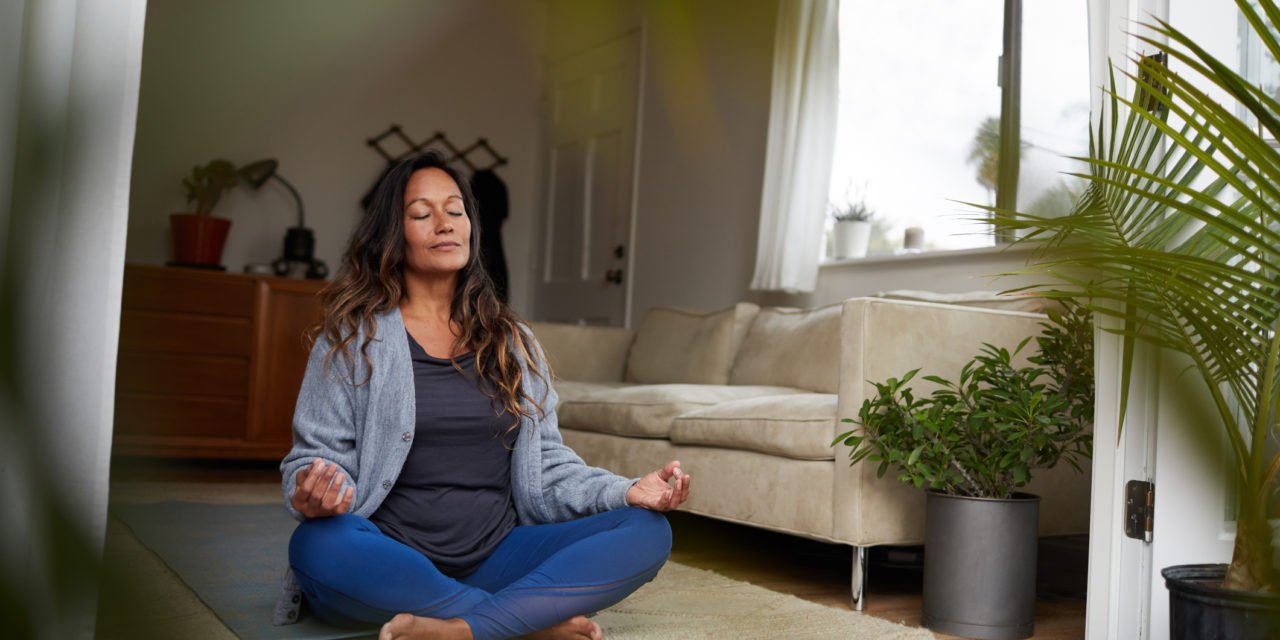
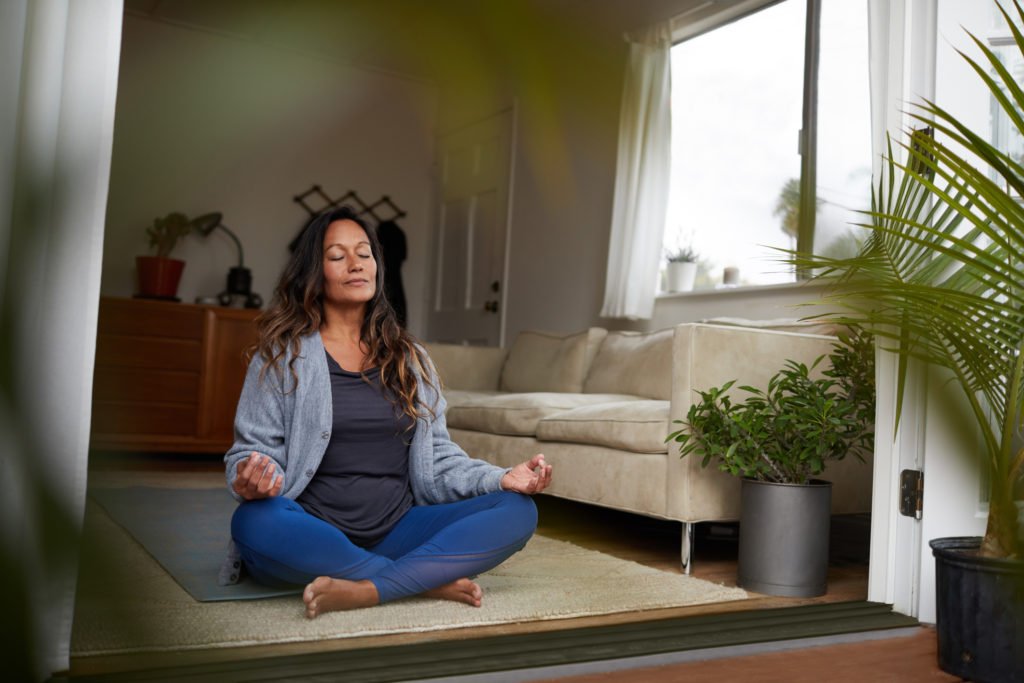
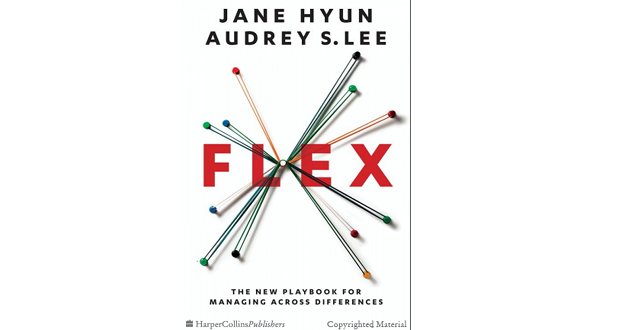
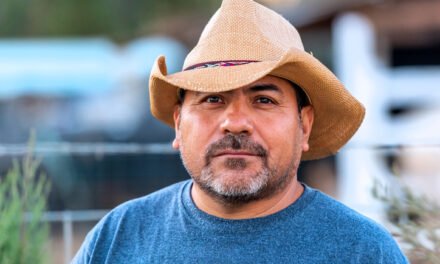
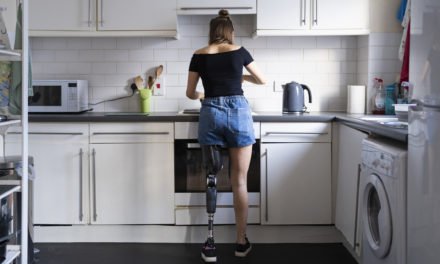















Incredibly insightful…let’s flip the script on confidence. I feel most confident when I have the unwavering support behind me; it doesn’t have to come solely from within. There is immense strength in connection and reliance. Let symbiosis reign. Great article!!